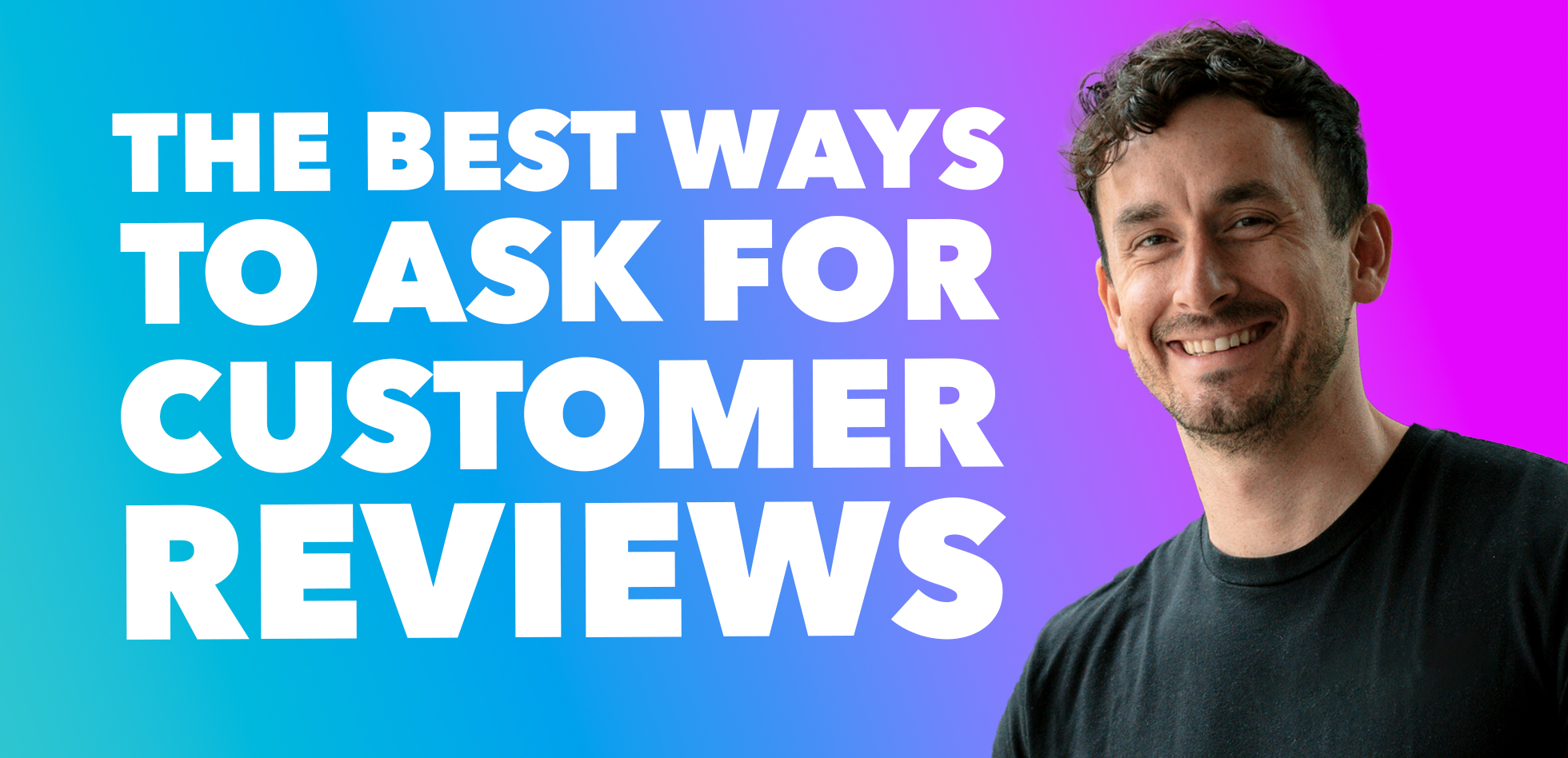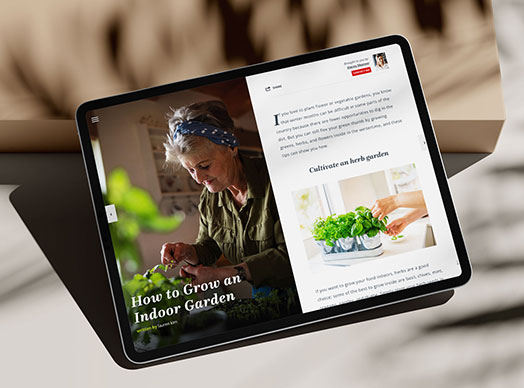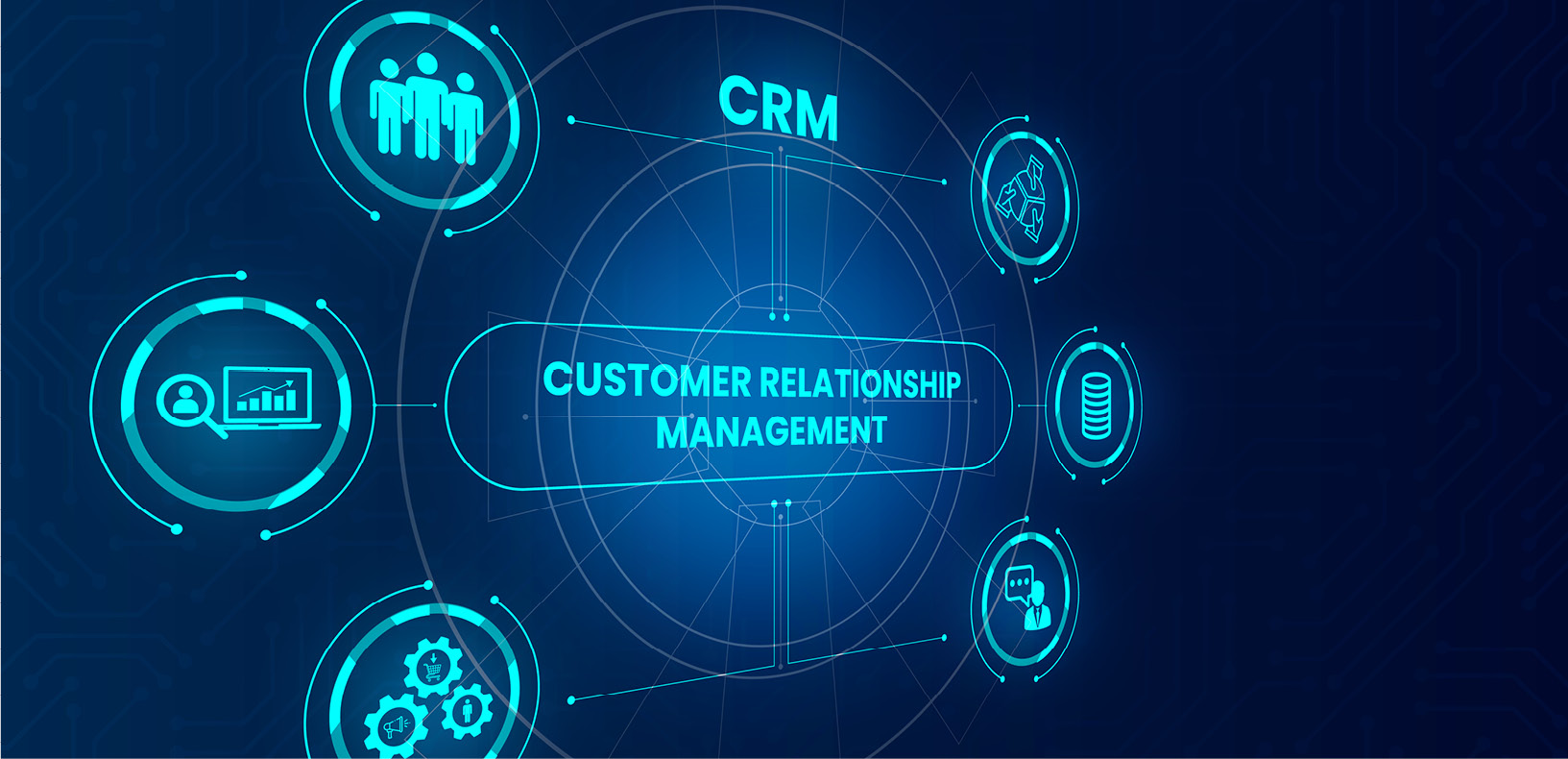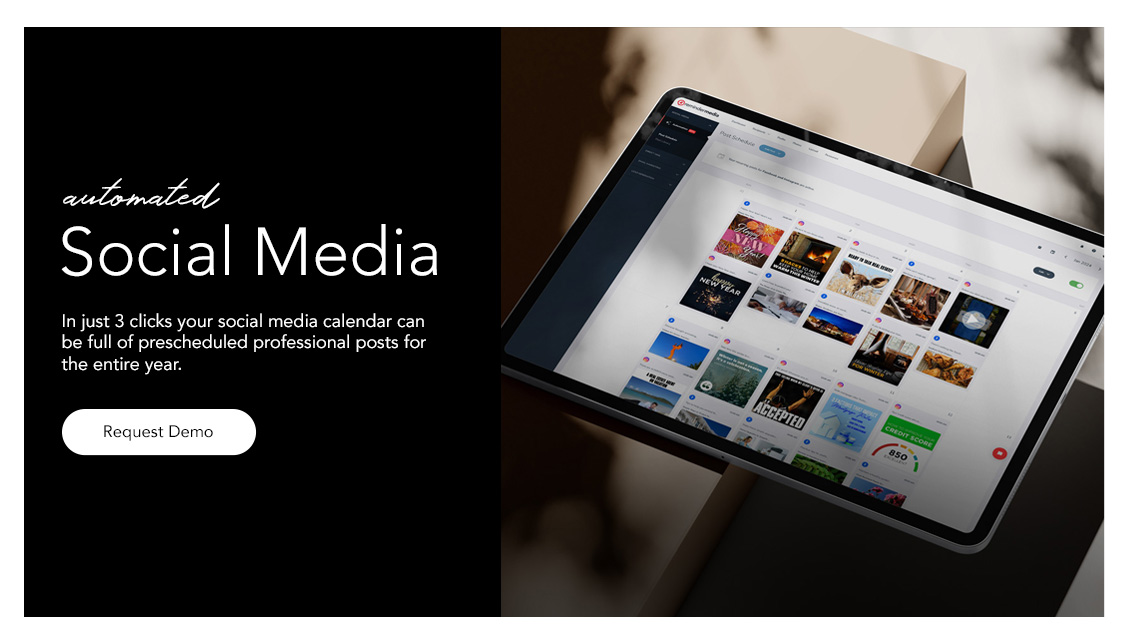The days when agents relied solely on yard signs and flyers to attract clients are long gone. In today’s digital age, real estate is as much about being online as it is about being in-person. But many miss opportunities because when it comes to digital marketing and real estate, they lack an effective strategy and often don’t even know where to begin.
LISTEN: Taking a Bold Approach to Digital Content (Podcast Episode)
This beginner’s guide breaks down the essential components of digital marketing for real estate agents and includes a ton of useful links to additional information and resources to help you grow your business, attract leads, and build long-term relationships online. Taken together, these eight elements create a comprehensive digital marketing strategy, but you don’t feel the need to do everything all at once—you can tackle one at a time, learning and refining as you go.
1. Start with a professional website
Your website is your digital storefront, and it needs to make a great first impression. A professional, mobile-friendly website that offers useful features like property search tools, lead capture forms, and local neighborhood guides can go a long way toward setting you apart. Include clear contact information, and showcase your unique value as an agent.
Pro tip: Platforms like WordPress, Squarespace, and GoDaddy make it easy to build a polished website without needing advanced tech skills.
Helpful links:
2. Optimize your online presence with SEO
Search engine optimization (SEO) ensures that your website appears when potential clients search for terms like “real estate agent in [your city].” Use relevant keywords on your website, write blogs about local market trends, and make sure your content loads quickly on both desktop and mobile devices.
Pro tip: Free tools like Google’s Keyword Planner can help you discover which keywords to use.
Helpful links:
3. Get online reviews

Listen to Stay Paid and discover the best ways to ask for customer reviews.
Online reviews are critical for building credibility. Set up a Google Business Profile, and encourage happy clients to leave their comments on the platform as well as on ones like Zillow and Realtor.com. Recommendations can make a huge difference when potential clients are deciding which agent to contact.
Pro tip: Always respond to reviews (both good and bad) to show that you’re engaged and professional.
Helpful links:
4. Connect with clients on social media
With social media being where your clients are spending their time, platforms like Facebook, Instagram, and LinkedIn offer unique opportunities to connect. Use Facebook to build a community, Instagram to showcase your listings, and LinkedIn to network with other professionals.
If you’re wondering what to post, think about your ideal client and what they want to know. You can’t go wrong by providing a mix of educational, entertaining, and endearing content:
- Virtual property tours
- Tips for buyers and sellers
- Local market updates and community news
- Surveys and polls
- “Best of” lists
- Memes
Pro tip: Use our Social Media Automation product, and we’ll consistently post high-quality prewritten content to your Facebook and/or Instagram page for you. We’ll even provide critical performance reports.
Helpful links:
- Here’s What Agents Should Be Posting on Instagram and Social Media
- 15 Free Social Media Posts for Agents (free images you can post to your accounts)
5. Share blogs and other valuable content regularly
Content marketing positions you as an expert to build trust with your audience. Write about topics in real estate and for unique niches, such as market reports, tips for seniors when downsizing, or FAQs about seller’s assist. Sharing such valuable information helps you to stay top of mind and attract clients.
Pro tip: Begin by writing one blog, and posting it on all your social media channels.
Helpful links:
- 3 Tips for Using AI to Optimize Your Real Estate Content Marketing
- Become a Content Marketing Machine (a free e-book you can download)
6. Use the power of video marketing
Video content is highly engaging and a great way to stand out online. For instance, you could create a personal introduction to build trust, walkthrough tours of your listings, and educational videos for buyers and sellers.
Pro tip: Use your smartphone for recording and free apps like Canva for editing.
Helpful links:
- 6 Video Marketing Tips for Real Estate Agents
- How to Use the Green Screen on Instagram: A Beginner’s Guide for Real Estate Agents
7. Generate quick results with paid ads
Paid ads can deliver fast results by putting your name in front of potential clients. Try Google Ads to entice people searching for homes or Facebook Ads to reach local audiences; think ones that promote your listings or share open house details. You can also speak to specific groups, such as first-time buyers.
Pro tip: Start with a small budget and test different ad formats to see what works best.
Helpful links:
- This Facebook Ad Is Crushing It with Conversions—Steal It Now
- Digital Advertising Terminology Cheat Sheet (a free printable you can download)
8. Build relationships with email marketing
Email marketing keeps you top of mind with prospects and past clients. You can use it to send newsletters, nurture leads through drip campaigns, and follow up after open houses or inquiries.
Pro tip: Use our Local Events Email Newsletter, and we’ll automatically send a biweekly newsletter of top-quality, hand-curated events to your list, ensuring you a consistent client touchpoint loaded with value.
Helpful links:
- Step Up Your Email Marketing Strategy with Interactive Content
- Why Is Your Email Marketing Getting the Cold Shoulder?
Best practices
The last two points below may not focus solely on digital marketing, but they’re crucial for amplifying its success. Managing your workflows and consistently refining your approach will ensure your marketing strategy remains effective, adaptable, and impactful.
Stay organized with a CRM
Customer relationship management (CRM) tools are essential for streamlining your efforts, staying organized, and following up effectively. They help track leads, automate reminders, and keep all relevant client information, including personal details you can use to prompt conversations, in one place.
Pro tip: Consider Follow Up Boss or LionDesk for their real estate-specific features.
Helpful links:
- Take Your CRM to the Next Level with These Tips
- The Ultimate CRM Cheat Sheet (a free printable you can download)
Track your results and improve
Marketing is a process of continuous improvement. Use tools like Google Analytics to track website traffic, monitor email campaign metrics, and review social media engagement. By regularly evaluating what’s working, you can adjust your strategy as needed.
Pro tip: Periodically make small changes—like trying different posting times—to see what gets the best response.
Helpful links:
- 5 Ways to Increase Your ROI with a Facebook Split Test
- KPI & Budget Tracker Sheet (a free printable you can download)
Start small and build big
Digital marketing doesn’t have to be overwhelming. By focusing on one element at a time—like creating a professional website or improving your social media presence—you can steadily build a strong digital strategy that grows your real estate business.
Ready to take the first step? Then check out our Digital Marketing Platform!
This state-of-the-art platform with its five products makes marrying digital marketing and real estate practically effortless: Social Media Automation, Landing Pages, Digital Magazines, Local Events Email Newsletter, and Branded Posts Newslette. Together, they provide you with ways to attract and capture leads, and nurture client relationships while freeing up your time by automating your digital marketing strategy. Click here, and get 30 days for only $4.99 your first month. (That’s less than the cost of a fancy coffee!)






























